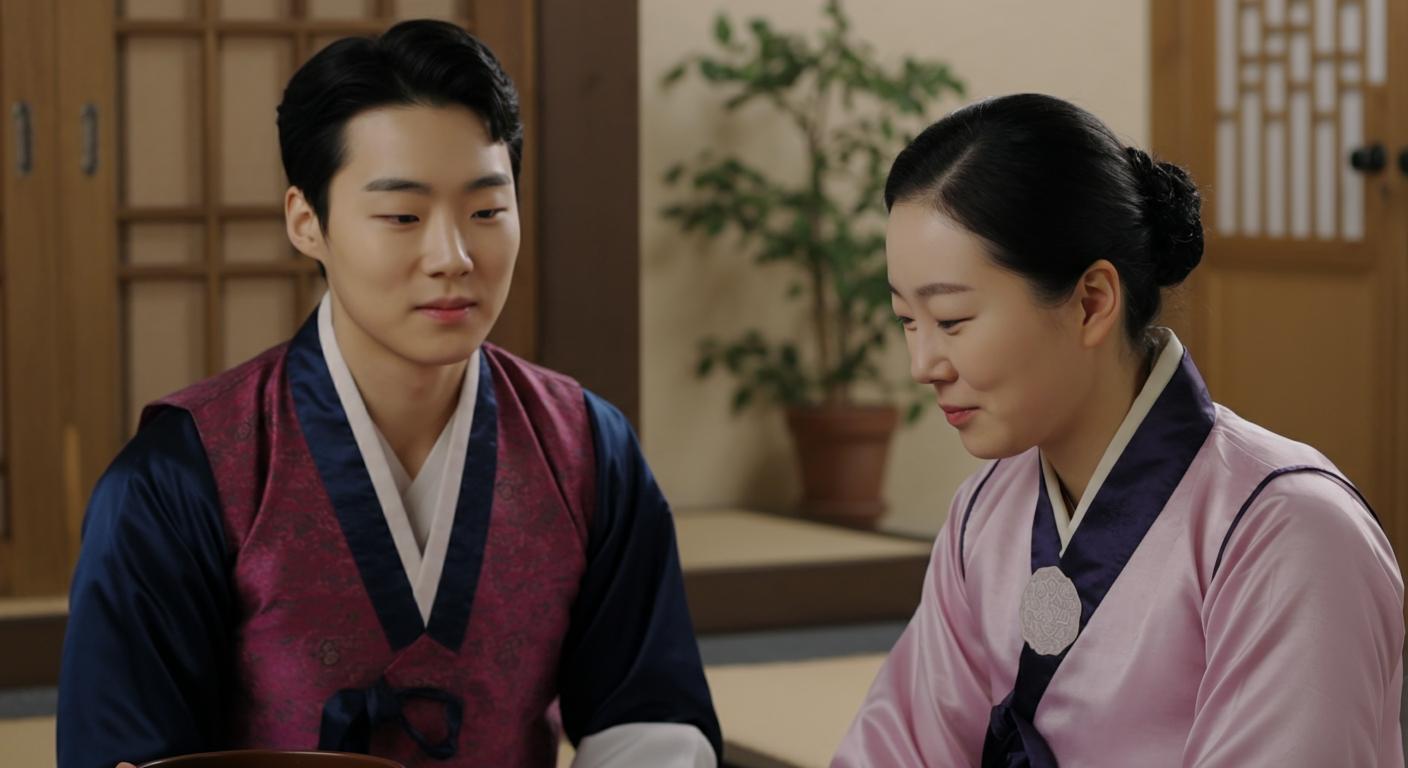The Significance of 'Bap' in Korean Culture
Introduction
What does having a meal mean to you? For many, it might simply be the act of eating when it's time. In some cultures, asking about someone's meal might be considered intrusive. However, in Korea, inquiring about meals is a common greeting, reflecting the importance of 'Bap' culture in Korean society.
Understanding 'Bap'
'Bap' narrowly refers to a bowl of cooked rice but broadly encompasses the concept of a meal. In Korean society, eating 'bap' is considered one of life's most crucial aspects.
The Importance of 'Bap' in Korean Culture
The significance of 'bap' is deeply ingrained in Korean language and customs:
-
Family Terminology: The Korean word for family, 'Sikgu', literally translates to 'eating-mouths', implying that those who eat together are family.
-
Workplace Relations: The phrase 'Sharing rice from the same pot' extends to professional settings, indicating shared workplace bonds.
-
Common Greetings: 'Let's have a meal sometime!' is a typical farewell, often misunderstood by foreigners as a literal invitation.
-
Health Inquiries: Asking 'Do you eat well?' is a way of checking on someone's overall well-being.
-
Career Considerations: Phrases like 'What should I do for a living, for having a meal...' reflect the importance of work in sustaining oneself.
'Bap' in Social Customs
-
Hoesik Culture: This refers to group dining and drinking, particularly in corporate settings, to foster relationships.
-
Fried Rice Tradition: The ubiquity of fried rice options in Korean restaurants demonstrates the cultural significance of rice.
Conclusion
Understanding the 'Bap' culture provides insight into Korean social norms and values. For visitors to Korea, embracing this aspect of the culture can lead to deeper connections and a richer cultural experience.


Comments